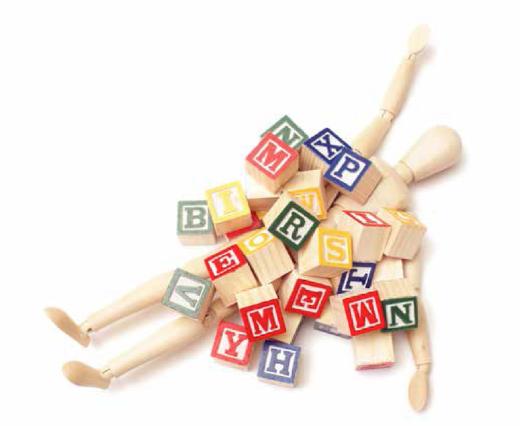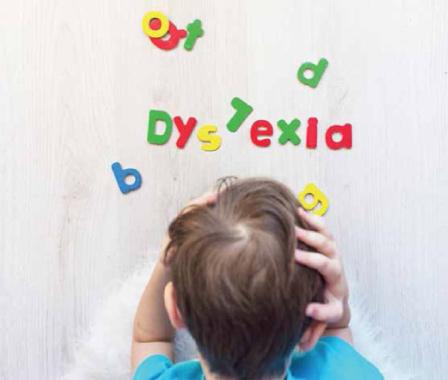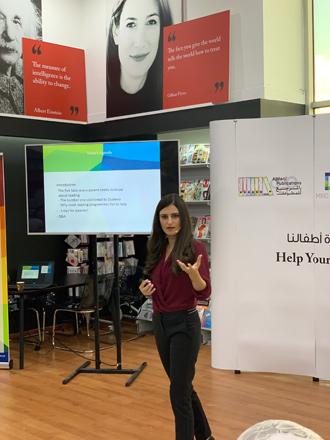You are here
Rewiring the brain: Is your child a struggling reader?
By Dina Halaseh , Family Flavours - Jan 09,2022 - Last updated at Jan 09,2022

Photo courtesy of Family Flavours magazine
By Dina Halaseh
Educational Psychologist
Reading difficulties usually point to a child’s struggle with reading accuracy, speed and children. Some only struggle with speed, while others might struggle with all three. The severity or type of difficulties varies from one child to the other.
It can be difficult for a parent to understand what is going on with their child if they can read accurately, but struggle to comprehend properly.
Types of reading difficulties
In many cases, a child may struggle with:
• Slow reading speed
• Poor reading comprehension (aloud or silently)
• Word or letter reversal while reading
• Difficulty segmenting words and linking them to sounds or phonics
• Difficulty blending different sounds into word
• Word omission while reading
Those diagnosed with a reading disorder read below their grade level even though their intelligence is at grade level and sometimes higher. So it is not the issue of being smart, but how the brain is wired.
Wiring the brain for reading
Learning to read and write requires the whole brain to rewire itself in a certain way. Many children tend to do that on their own, yet one in five students will struggle. That means, on average, we have over 1.5 billion people struggling with reading at this moment.
Children who are unable to rewire their brains to read need specific interventions and brain training to rewire their brains to read, write and comprehend at grade level.
Each child is different and thus is evaluated individually to assess and diagnose reading disorders or struggles. We can then determine whether low intelligence, educational gaps, missed opportunities or cultural differences and language barriers cause these struggles.
Reprinted with permission from Family Flavours magazine
Related Articles
As parents, we sit and meet our children’s teachers and hear all sorts of feedback, some may be positive while most may be negative.
By Dina HalasehEducational Psychologist The many myths about dyslexia are harming our children; many suffering from dyslexia are silent
On the occasion of Family Literacy Month and to dispel myths about dyslexia, Al Marji’ Publications invited its Educational Psychologist Din


















